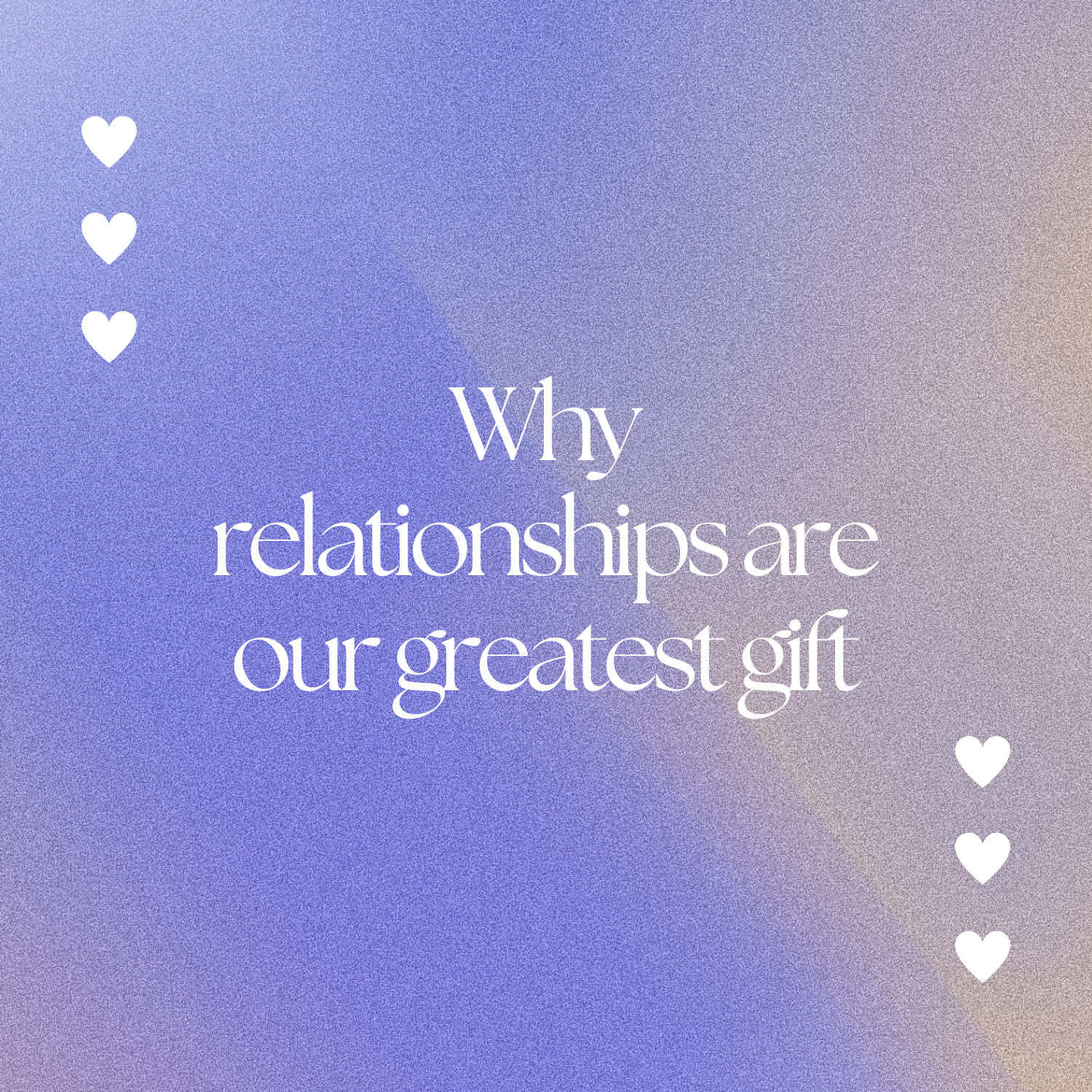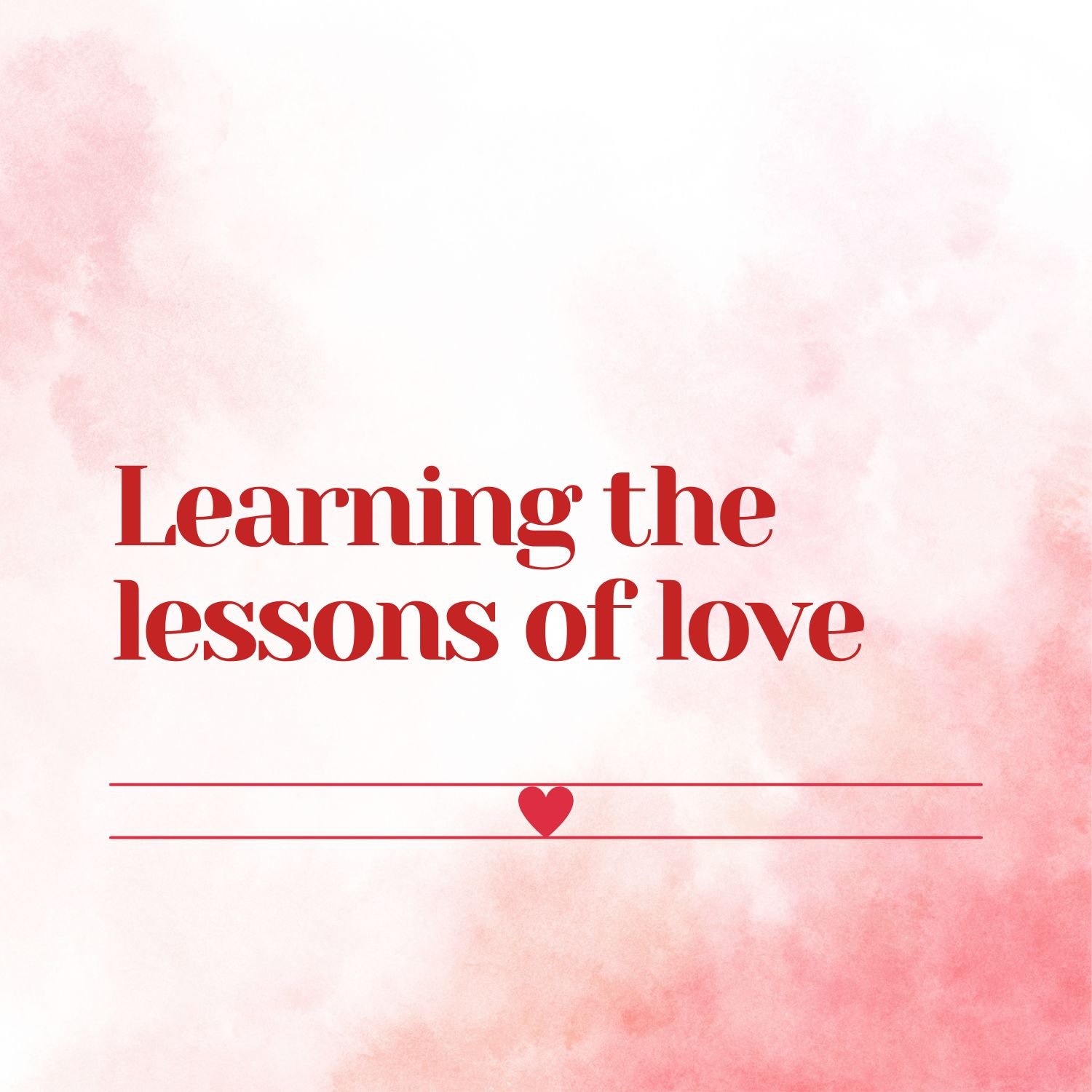What is self-care (and are you doing it)?
Self-care is quite an overused phrase. I use it, yet cringe inwardly every time. It has been overhyped and overused in a society which is riding the wave of new-age spirituality. No wonder it’s got a bad rep.
However, I put my hand up as one of those people who loves to talk about self-care with clients. It’s essential because so few of them have any idea what self-care is and how to do it. I don’t even think I truly did until a few years ago.
This is why I wanted to deconstruct it, to find some meaning in the phrase. So many of us have no idea what self-care really is, mocking the word; viewing it as self-indulgent, extravagant and millennial. What is self-care, truly and meaningfully?
What is self-care?
It suprises me that when I looked up the definition of ‘self-care’ I found the most lacklustre and primitive meanings. One defined it as ‘the act of caring for yourself when you are ill or to stop yourself from becoming ill’.
Another called it ‘health care provided by oneself often without the consultation of a medical professional’. No wonder we have no clue what the concept of self-care really is. It’s not about the prevention of illness, it’s about being thriving on every level so we can fulfil all of our wildest dreams.
Let me give you my definition of self-care - taking beautiful and loving care of our physical, emotional and spiritual body on a radical level. Yes, I use the word radical because I don’t believe we’re looking after ourselves on the level that we could be. We could all be thriving, emotionally, physically and spiritually, yet it’s obvious that so many of us aren’t. And we need to question why that is.
How are we failing at self-care?
The field of self-care is quite literally saturated with self-care advice from health practitioners, spiritual writers and therapists, all shouting over eachother to be heard. In this sea of information it can be hard to connect within ourselves to really understand what we might need.
It’s all too easy to follow the trends but the thing is, everyone has different needs. We are all physically, emotionally and spiritually unique. What works for one, won’t work for another. We need to be true to our authenticity.
Understanding the right type of self-care for you is a process that takes trial and error, time and patience. It’s a wonderful journey towards understanding yourself and your needs. Not a process to be daunted by but to be welcomed in.
Jumping on the bandwagon of a particular self-care trend doesn’t always serve us well. For example, my body thrives on gentle exercise such as yoga and walking. I’m not suited to high intensity exercise, yet I did spinning for many years, not knowing why I was feeling constantly exhausted after working out. Spinning drained my adrenals and I learned the hard way that pushing my body wasn’t taking care of myself at all.
I also thought that eating a diet based on raw food and salads was the right thing to do because that was what everyone else was eating. Yet, I was getting no proper warming nourishment from this diet, and as a result my health suffered.
Balancing emotional, physical and spiritual self-care
What also happens is that we tend to focus in one area far more than the others, missing out on a vital part of nourishment and connection with our selves.
For most of my twenties I was overly focused on my physical health (and by that I meant how I looked, not how I functioned) and had no connection to my emotional wellbeing. And I don’t think I had a spiritual self-care practice until a year or so ago. It wasn’t something I was even aware of.
Ask yourself - how well do you take care of your physical body through diet and nutrition yet neglect caring for your emotional needs? How often do you forget to address the needs of your spiritual self because you’re too focused on looking after your emotional wellbeing?
Or perhaps there’s little to no self-care going on at all, on any level, which is I see this trend with some clients. They have a tough exterior that is impenetrable and I can’t get through with even the most basic self-care suggestions.
We’re all human and we all need love, support and kindness, from ourselves more so than from anyone else. Especially in the world we live in which can be harsh and raw. I believe that when we deny ourselves basic care and love, it always stems from issues of self-esteem. Not feeling worthy of love, kindness and support means we reject basic self-care because, on a deep subconscious level, we don’t feel worthy of it.
We’re not conscious of feeling this way which makes the concept so hard to grasp, so let’s explore it a little further.
The link between self-care and self-esteem
In Kinesiology, we believe the true core of health and wellbeing lies in self-esteem. If we don’t think we’re worthy of health, love, success, and joy, our emotional, physical and spiritual bodies suffer as a result. Knowing we are worthy of health and wellbeing and taking care of ourselves is the ultimate form of self-love.
Self-care is commitment. It is a constant measure of self-love. One that needs daily attention. I would go as far to say that self-care is pure love for ourselves, so much so, that we devote time, energy and investment into it wanting to look after ourselves on absolutely every level, because we know we deserve it.
When we don’t have a strong core of self-esteem and true self-worth, we don’t feel deserving of spending time, energy and investment in maintaining and improving our health and wellbeing. We tend to self-sabotage; neglecting caring for ourselves, giving up on routines and abandoning healthy plans.
When we give up, we tend to blame and criticize ourselves, citing laziness and lack of effort. It’s a vicious cycle that is tough to break out of.
The thing is, it’s often nothing to do with laziness or lack of effort but everything to do with our subconscious beliefs.
The power of our subconscious mind drives behaviours
Our subconscious drives absolutely every thought, word, behaviour and action. We are utterly unaware of it yet it controls 90% of our beliefs, thoughts, words and actions. Often, a lack of self-worth is a learned belief system from childhood, or rather we’re born with healthy self-esteem and it diminishes with age.
It’s our conditioning from society and the programming from our childhood that contributes to the state we find ourselves in; suffering from low self-worth and abandoning ourselves so readily with lack of boundaries and healthy self respect.
We are not taught to love ourselves. We are told to exercise and eat well to take care of our physical bodies yet we are not taught to love ourselves. We are not told that self love is the most powerful form of self care there is. The highest state of respect for ourselves.
When we truly know, accept and love who we are, we are free. Free from comparison. Free from negative patterns which no longer serve us. Free from a limiting subconscious behaviour. Free to thrive and fulfil all of our wildest dreams.
Self-care is vital for your growth
This state of mind is not easily reached.
When we are decades into our lives, the concept of self love is incredibly tough to understand. We are hardening into our belief system. A shell, if you can imagine, of what we know about ourselves to be true. Yet, to grow spiritually we need to crack that shell open and let the light pour in.
Know your worth. Once you do you can flourish in every area of your live. You will understand that you are worthy of everything and anything. When you truly know your worth you can begin to truly take care of all your bodies.
When you do this, they will keep feeding into each other, a beautiful, harmonious cycle of energy, love and nourishment. Know your value and thrive.
Want to receive the latest blog posts straight to your inbox? Sign up for my newsletter and you’ll also receive your FREE ‘Discover Your Fear Saboteur’ guide, the ultimate guide to identifying the fear sabotaging your potential!




















